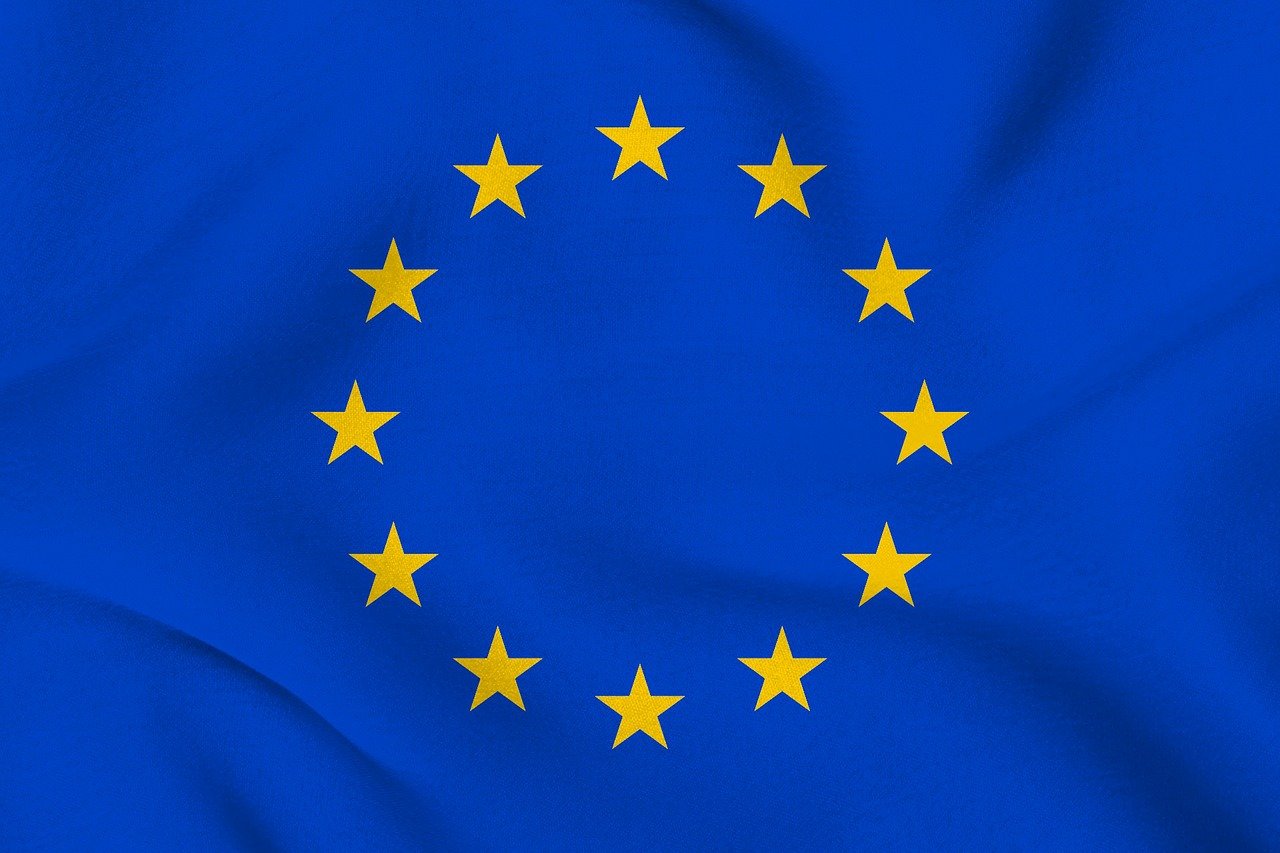EU Targets Anonymous Crypto with 2027 Ban on Privacy Coins and Accounts
05.05.2025 22:00 1 min. read Alexander Stefanov
Starting in 2027, the European Union will enforce strict anti-money laundering laws that effectively outlaw anonymous crypto activity.
Tokens that mask user identities, such as Monero and Zcash, will no longer be permitted within EU-regulated platforms, and crypto companies will be barred from offering untraceable accounts.
These rules form part of a sweeping regulatory overhaul aimed at increasing transparency across both traditional finance and the digital asset sector.
While the core legislation has been finalized, implementation details are still being hashed out by the European Banking Authority, which is tasked with translating the rules into enforceable standards.
Crypto firms operating across multiple EU nations will face heightened scrutiny. A new supervisory body, AMLA, will begin monitoring the largest players—those serving tens of thousands of customers or moving over €50 million in transactions.
Initial oversight will target 40 major firms, with mandatory identity checks on crypto transfers above €1,000.
Although the regulatory push has drawn criticism from privacy advocates, EU policymakers argue it’s a necessary step toward cleaning up the crypto space and preventing misuse.
-
1
Japan Plans Major Crypto Reform with New Tax Rules and ETF Access
24.06.2025 20:00 2 min. read -
2
Gemini Launches Tokenized MicroStrategy Stock for EU Users
28.06.2025 9:30 2 min. read -
3
Here is When the U.S. House Will Vote on Key Crypto Bills
04.07.2025 12:00 2 min. read -
4
U.S. Crypto Investors Hit by IRS Letter Surge as Tax Crackdown Looms
29.06.2025 11:00 3 min. read -
5
Ripple Drops Cross-Appeal, Moves to End SEC Case “Once and for All”
28.06.2025 12:30 2 min. read
Senate Confirms Crypto-Linked Nominee Jonathan Gould to Head OCC
The U.S. Senate has confirmed Jonathan Gould as the next head of the Office of the Comptroller of the Currency (OCC), moving his nomination to President Donald Trump for final approval.
Australia Tests CBDCs in 24 Separate Real-World Finance Use Cases
Australia is stepping up its digital currency efforts with the next phase of Project Acacia, a pilot focused on testing central bank digital currency (CBDC) and tokenized finance in real-world applications.
U.S. Treasury Eliminates Crypto Reporting Rule Targeting Decentralized Exchanges
According to Bloomberg the U.S. Treasury Department has officially eliminated a controversial crypto reporting requirement that targeted decentralized exchanges.
U.S. Lawmakers Target El Salvador With Crypto Sanctions Plan
Three Democratic senators—Chris Van Hollen, Tim Kaine, and Alex Padilla—unveiled a bill aiming to penalize El Salvador’s President Nayib Bukele and his allies.
-
1
Japan Plans Major Crypto Reform with New Tax Rules and ETF Access
24.06.2025 20:00 2 min. read -
2
Gemini Launches Tokenized MicroStrategy Stock for EU Users
28.06.2025 9:30 2 min. read -
3
Here is When the U.S. House Will Vote on Key Crypto Bills
04.07.2025 12:00 2 min. read -
4
U.S. Crypto Investors Hit by IRS Letter Surge as Tax Crackdown Looms
29.06.2025 11:00 3 min. read -
5
Ripple Drops Cross-Appeal, Moves to End SEC Case “Once and for All”
28.06.2025 12:30 2 min. read


